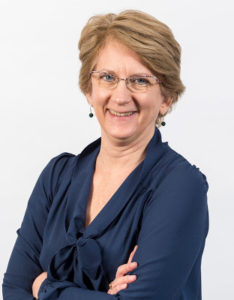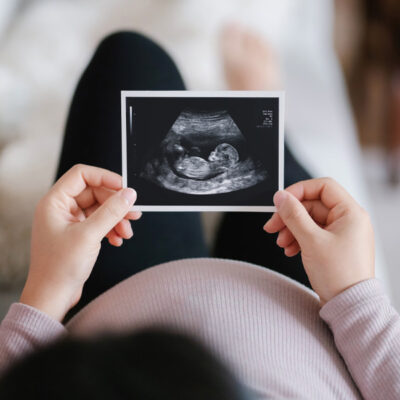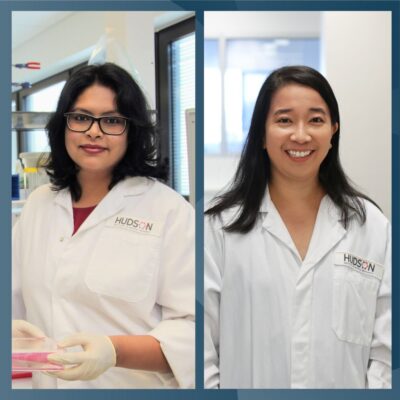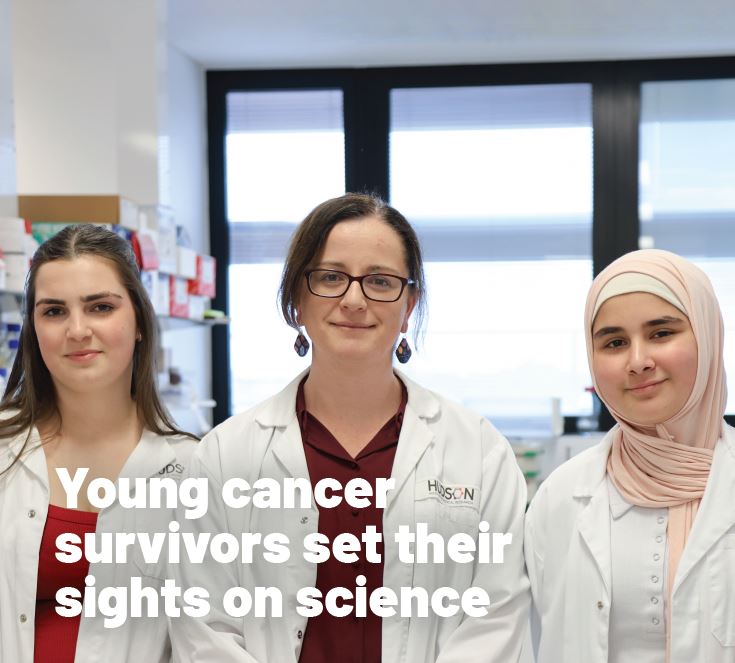Renowned Professor receives international title
By Hudson Institute communications
Professor Kate Loveland has had her honorary title of Liebig Professor with the Justus-Liebig University (JLU) renewed, highlighting the importance of her work with the German university.

Prof Loveland, Research Centre Head, Centre for Reproductive Health (CRH), received the honour for her significant work in building the International PhD Research Training Group in the Molecular Pathogenesis of Male Reproductive Disorders (IRTG) between Monash University and JLU.
This award also recognizes her support in promoting and building collaboration between the two institutions with key projects, including the Erasmus-Plus program that enables mobility of staff (administration and research) and students between the two universities.
“The renewal of the title conveys the importance that Justus-Liebig University places on my contribution to the establishment of the IRTG, which has created significant national and international visibility for our research and research training in the field of male reproductive disorders, “ said Prof Loveland.
“The IRTG enables clinicians and scientists to co-supervise PhD students who work at both institutions on collaborative research projects. The objective is to train the research leaders of the future in the discipline of Andrology.”
The program has received more than $10 million AUD support from the German Government (from the German Research Foundation) and over $4.5 million in cash and in kind contributions from Monash University.
“Our program has graduated four jointly-badged PhD students, has 13 currently enrolled, eight affiliated with CRH, and will train up to 20 additional students by the end of its term in 2022. In addition, three CRH researchers have received project grant and fellowship funding from the NHMRC based on the outcomes and strengths of collaborative work with IRTG,” said Prof Loveland.
“This program underpins our strength in male reproductive research at Hudson Institute.”
Professor Loveland received her undergraduate and PhD degrees at Duke University in the United States, studying the molecular basis of mammalian fertilisation. Her laboratory investigates the molecular and cellular mechanisms that underpin mammalian testis development and sperm production.
Prof Loveland has had many career highlights – she received the American Society for Andrology Young Andrologist Award in 2004 and the Monash University Vice Chancellor’s Award for Excellence in Postgraduate Supervision in 2010. In 2014 she was granted an Honorary Liebig Professorship from the Justus-Liebig University in Giessen, Germany for her joint role in leading the establishment of an International PhD Research Training Group in the Pathogenesis of Male Reproduction (2013-2017). This is the award she has been bestowed again in 2017.
In addition, Prof Loveland’s professional roles have included Society for Reproductive Biology: Program Chair, and Treasurer; American Society for Andrology: Annual Meeting Program co-Chair (2010), Founder and Chair of the Basic Science Workshop, President of Women in Andrology and Council member; Society for the Study of Reproduction: International Members Subcommittee Chair, Director, and Annual Meeting Program co-Chair (2017). She is also a National Health and Medical Research Council of Australia Senior Research Fellow (since 2000) and is a Fellow of the Society for the Study of Reproduction.
Prof Loveland has published over 130 peer-reviewed manuscripts, and currently serves as an Associate Editor for the prestigious journal Andrology.
About Hudson Institute
Hudson Institute’ s research programs deliver in three areas of medical need – inflammation, cancer, women’s and newborn health. More
Hudson News
Get the inside view on discoveries and patient stories
“Thank you Hudson Institute researchers. Your work brings such hope to all women with ovarian cancer knowing that potentially women in the future won't have to go through what we have!”




